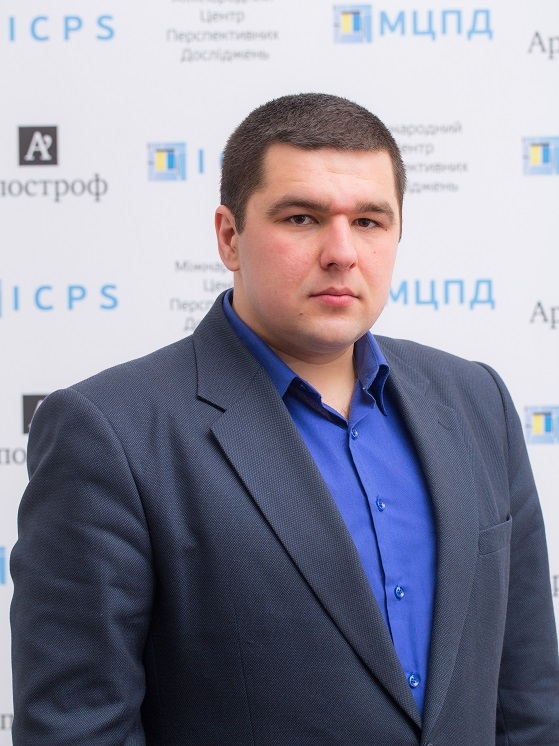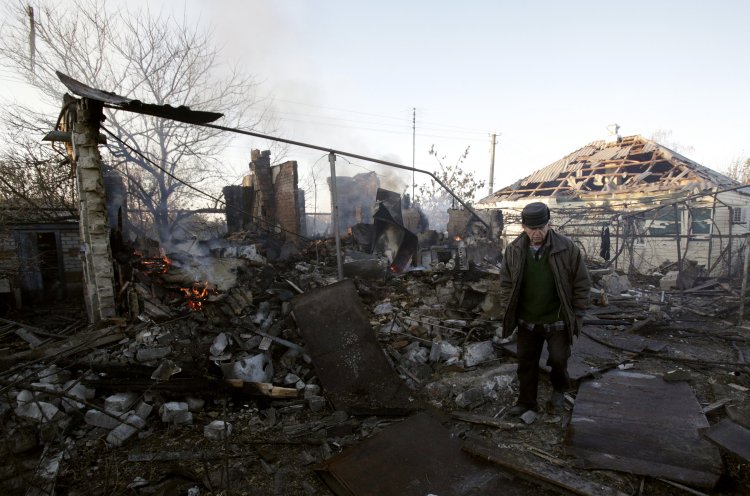
Despite its declarations about taking revenge against Kyiv for supposedly sending “diversionists” into Crimea, Moscow is unlikely to launch a major war but instead hopes to use the threat of such a conflict to force Ukraine to agree to a resolution of the conflict that would result in a Bosnia-style outcome, according to Anatoliy Oktysyuk.
But the senior analyst at Kyiv’s International Centre for Policy Studies says that Moscow’s interest in such a solution inevitably challenges Kyiv to select one of four very different strategies.
As Oktysyuk points out, “the Bosnian war ended more than 20 years ago but Bosnia-Herzegovina is one of the most backward countries of Europe with massive corruption and the deepening erosion of state institutions. Local identities dominate over national ones, there is no consensus or national unity, and that interferes with the country’s development.”
Not surprisingly, he continues, Russia would like to see exactly that outcome for Ukraine because it would leave the country as “a neutral federal state without claims on Crimea and one in which the anti-Russian West and Center would be balanced by a pro-Russian enclave in the Donbas.”
Indeed, the Kyiv analyst says, “the political component of the 2015 Minsk agreements very much recalls the Dayton format of resolving the conflict in Bosnia in 1995.” The major difference is that there were NATO and then European forces in the former Yugoslavia while there are no such forces in Ukraine. Kyiv has sought so far unsuccessfully to change that.
“With the help of the Minsk agreements,” Oktysyuk continues, “the Kremlin plans to create in Ukraine a pro-Russian enclave of the 'DNR' and 'LNR'” with its own special local administration and policies oriented toward Moscow. If Kyiv does what Moscow wants, Ukraine will get these regions back in forms that will harm Kyiv.
It is clear, he argues, that “in any case Russia will work to promote the federalization of Ukraine if not in the current circumstances then after several electoral cycles when a new 'pragmatic' government, like Georgia after Saakashvili, will appear in the country.”
The Ukrainian government has made Russia’s task easier, he suggests, by failing to articulate a clear policy of national unity. Efforts to promote one oriented toward the east or toward the west have failed in the past. And now Ukraine would have to come up with one while Russian forces are on its territory.
The Minsk accords are “dangerous for Ukraine” for all those reasons, but Kyiv can’t simply walk away from them without being accused by the West as well as Moscow of not keeping its promises. Consequently, Oktysyuk says, “Ukraine needs to decide what to do with the Donbas and Crimea as soon as possible.”
There are four stark choices, he suggests:
- First, Kyiv could “agree to the Kremlin’s conditions, federalize the country, reject the possibility of NATO membership and pursue a mutually profitable foreign policy on the multi-vector principles.”
- Second, it could “construct ‘a Ukrainian Israel’” and await better times for return of occupied territories. In the meantime, it would pursue the construction of “a successful country, a powerful army and a competitive economy.”
- Third, it could “live under the conditions of ‘no war, no peace,’ in which corruption would continue and the country would march in place. Such a scenario,” Oktysyuk says, “sooner or later would lead either to the first or the fourth variant.”
- Or fourth, Kyiv could attempt “to resolve the conflict by military means, which could end either with a complete catastrophe or the formation of a new state idea and mythology.”
Moscow’s latest actions do not necessarily point to one or the other of these, he suggests, but the Kremlin’s moves do make the choice clearer and more immediate.
Related:
- Putin accelerating his plan for long-term confrontation with the West, Illarionov says
- Why Russia manufactured Crimean "terrorism." Five versions
- NATO losing war of narratives while Russia emerges as leader of nationalistic bloc
- Kremlin likely to resume its attack on Ukraine under guise of 'peacekeeping,' Felgenhauer says
- 50,000 Russian citizens fought in Donbas war: separatist ex-leader
- Interactive map shows origins of Russian mercenaries fighting in Donbas

